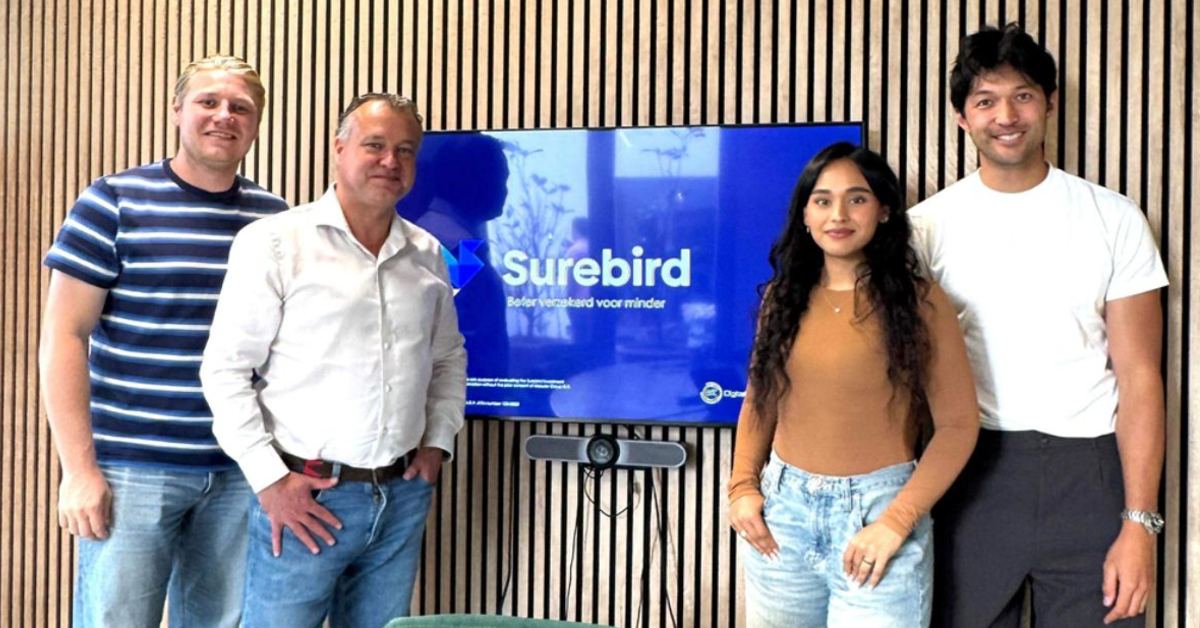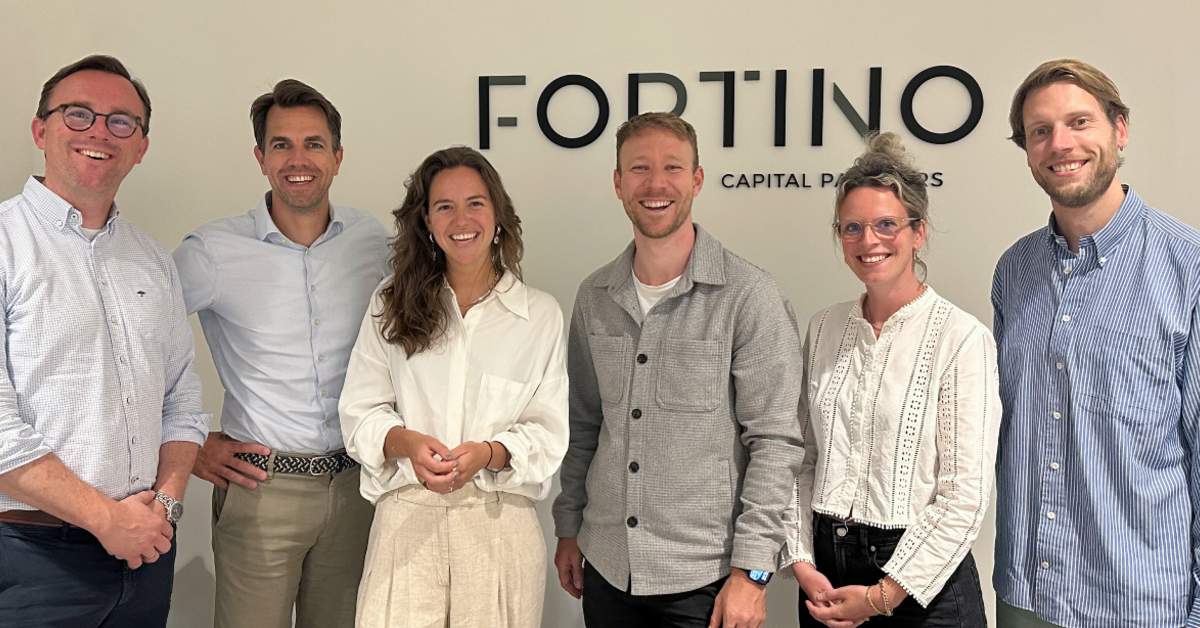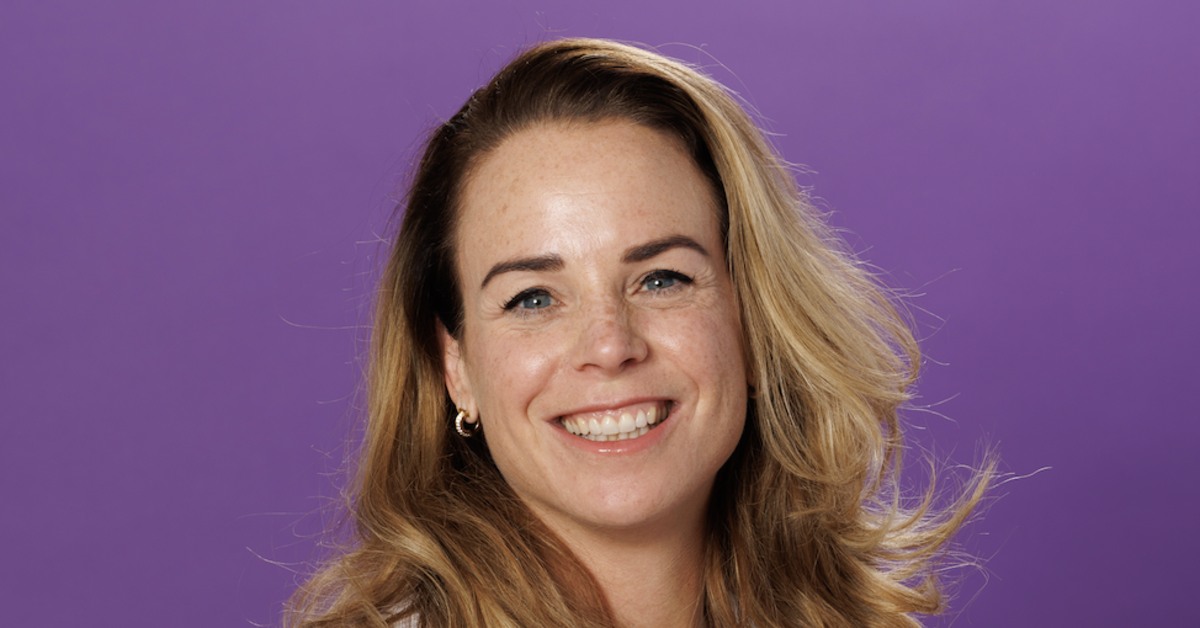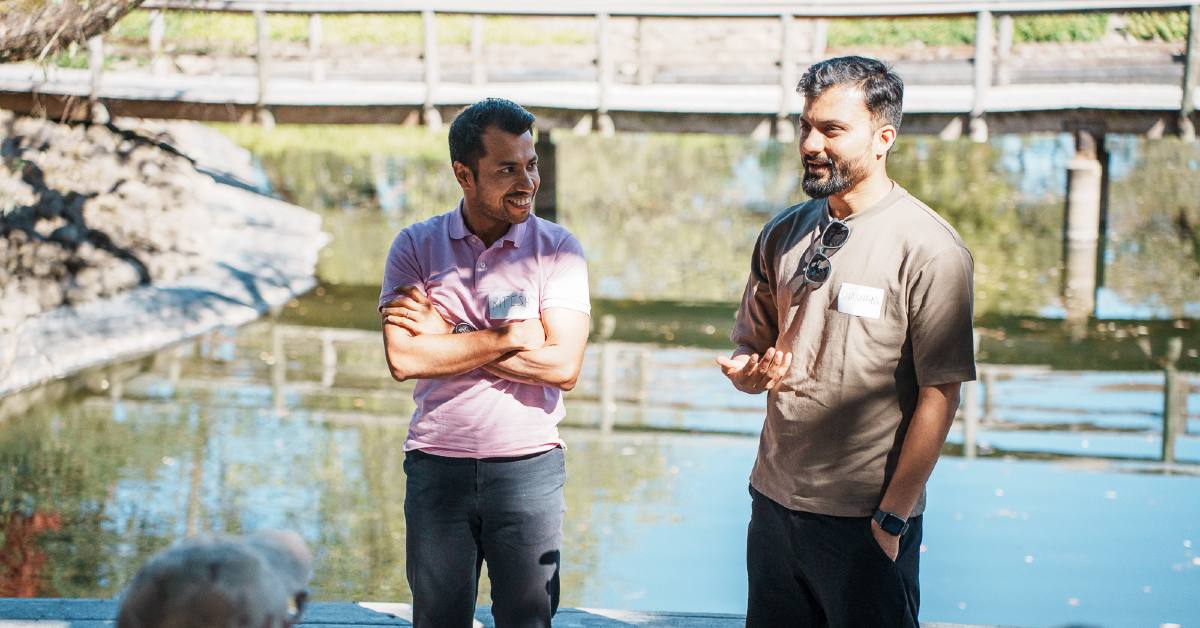Amsterdam Circular has announced the top 10 companies selected for the third edition of its programme, which focuses on organic residual flows. These ventures aim to accelerate their circular value chains, supporting the City of Amsterdam’s goal to halve raw material use by 2030.
The selected companies will receive tailored support, capital-raising opportunities, and valuable connections to bolster their circular value chains.
What does the programme offer?
The Amsterdam Circular programme is a two-month, cost-free initiative designed to support early-stage startups in and around Amsterdam.
It provides co-financing opportunities and an investor readiness programme, helping startups connect with potential investors and gain critical insights into building sustainable businesses. Participants engage in workshops, deep dives, and training sessions, committing four to eight hours per week.
The programme focuses on startups advancing circular economy solutions across various industries, with a focus on software and hardware technologies that drive measurable impact.
Benefits include access to the AMS Institute’s network, real-world testing at the Marineterrein Living Lab, and a curated list of over 50 potential investors. Founders also receive support in managing investor relationships, circular financing education, cap table management, and aftercare to close funding rounds.
Initiated by the City of Amsterdam in collaboration with AMS Institute and Rockstart, Amsterdam Circular supports 20 startups annually, offering resources without costs or equity requirements. Past participants include Aectual, African Clean Energy, Agurotech, and more.
The selected 10!
Alex in Wonderland: The startup offers healthy, environmentally friendly catering via smart fridges around town. The company recently introduced Chef’s Harvest Box, a weekly subscription delivering fresh, seasonal produce and signature homemade dips with Alex in Wonderland recipes straight to customers’ doors.
Circulair Hout Centrum: Wood is a valuable resource that is often discarded by burning or recycling at low value. The startup aims to transform this practice by establishing a wood sorting chain where reuse is the primary goal. The startup believes in creating synergy by working together for a clean, green, sustainable, and socially responsible future.
De Tweede Jeugd: The company was founded to rescue unsold bread in the Netherlands by turning it into delicious new products. De Tweede Jeugd handcrafts toasted sandwiches and crostini working with top bakers and local innovators.
Droppie: Droppie aims to create a trash-free world by adding value to recyclable materials. The startup offers a collection method and mobile app that rewards users for recycling various types of consumer waste effectively.
Food for Skin: Food for Skin aims to transform the beauty industry with honest, natural skin care products that minimise environmental impact. Its 100 per cent natural formulas use ingredients from nature, such as vegetables, fruits, plants, and seeds, to counteract false claims and harmful practices in conventional beauty campaigns, promoting sustainable and effective care.
Grow It Away: Grow It Away is a compost community in Amsterdam that redirects food scraps from incineration or landfills to create healthy compost. For €15 a month, members collect and compost their food scraps according to Dr. Elaine Ingham’s Soil Food Web principles.
MycoFarming: The startup develops biobased water treatment methods using the “power of fungi”. It specialises in producing and utilising mycelium for effective water treatment solutions.
Primal Soles: The startup offers circular footwear designs, crafting slippers and insoles from sustainable cork to prevent traditional footwear waste from harming the planet, all while maintaining a CO2-negative footprint.
Unwaste: Unwaste specialises in circular care products made from coffee grounds and orange peels. The startup believes these materials are too valuable to discard, so they repurpose them into care items that are good for both people and the planet.
VEZA: VEZA is an early-stage startup that leverages financial technology to improve efficiency in the fresh produce chain. By enabling “Buy Now, Pay Later” for wholesalers, particularly for imperfect fruits and vegetables, the startup helps address food waste challenges effectively.










01
From telecom veteran to Dutch Startup Visa success: The Jignesh Dave story